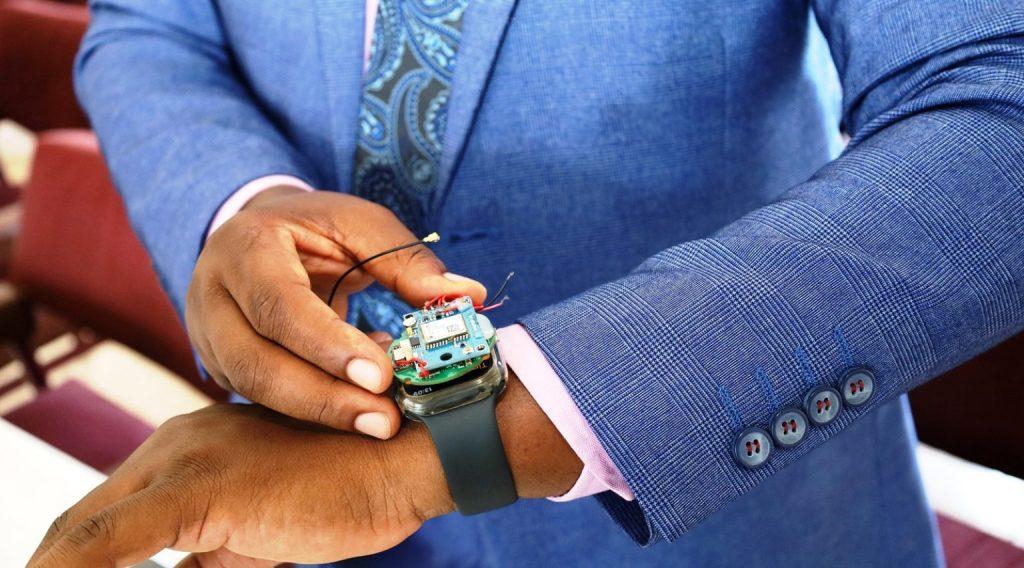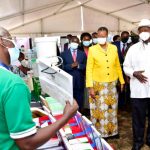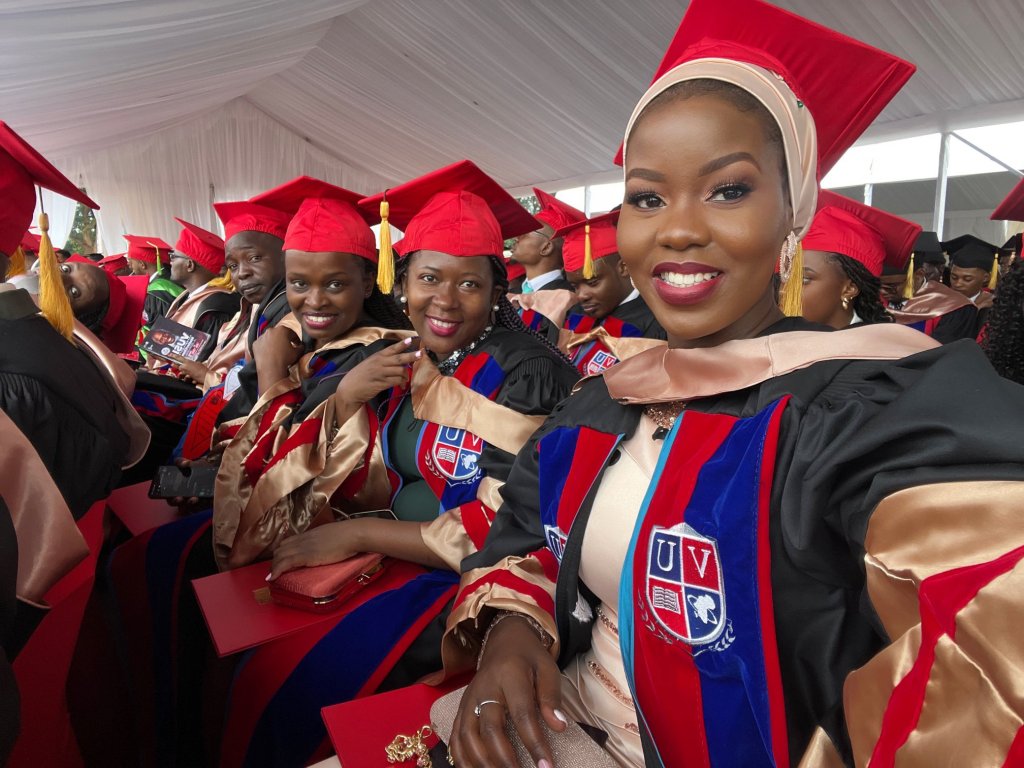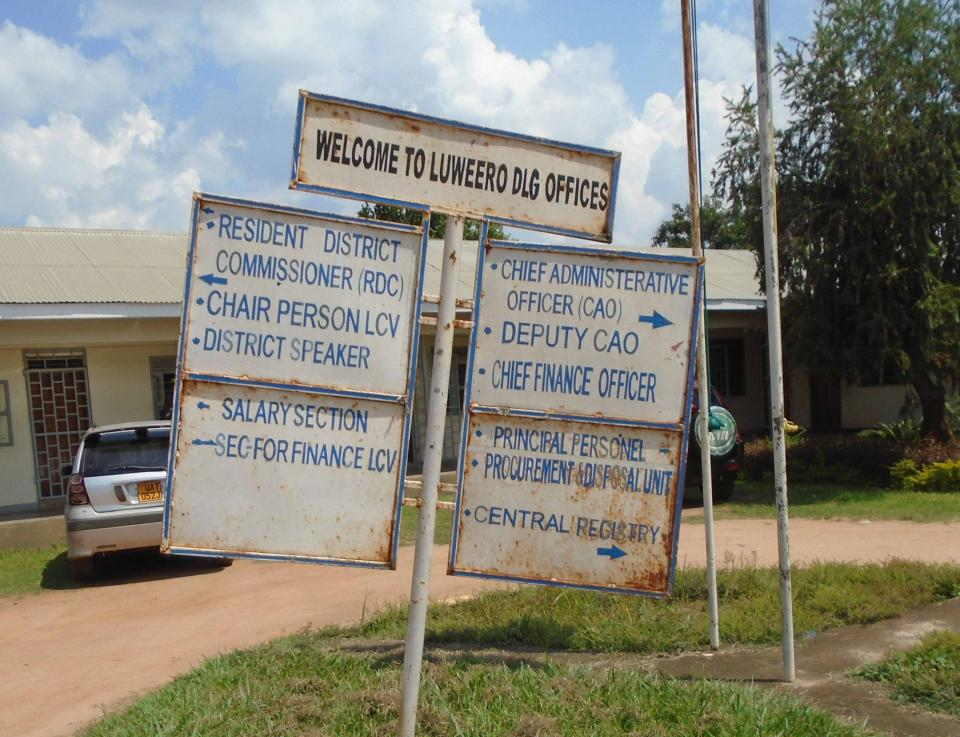Researchers from Makerere University’s College of Computing and Information Sciences (CoCIS) have introduced a wearable device designed to monitor elderly individuals with dementia and cognitive impairment in rural Uganda. The device, which can be worn on the hand like a wristwatch or placed in a pocket, is equipped to track the movement and location of patients and send emergency alerts to caretakers and hospitals when necessary.
This development was announced during a research dissemination workshop on October 13, 2023, as part of the Makerere University Research and Innovations Fund (Mak-RIF) project titled, “Advanced Localisation Techniques on Smart Devices for Inclusive Location-based Services: A focus on healthy aging for the elderly with dementia and mild cognitive impairment in rural communities.”
The project aims to address the challenges faced by the elderly population in resource-constrained environments, where power, internet access, network coverage, and mobile communication are limited, and where many individuals may not be able to read or write.
The system utilizes GPS technology, with a focus on geofencing, to efficiently monitor elderly individuals within a defined safe zone. While within this safe zone, the system conserves power by using an accelerometer, gyroscope, and magnetometer to monitor the user’s position. GPS is activated when the user moves out of the safe zone, reducing overall energy consumption.
The benefits of this technology, as described by Principal Investigator Mr. Paddy Junior Asiimwe, include affordability, independence from user literacy, and low power consumption. The system can run on batteries for up to 30 days, making it a practical solution for rural areas in Uganda.
The device was tested in Apac district, a less developed area with a significant elderly population, particularly those with dementia. It benefited from existing projects like CityLab, which aims to provide internet access to Apac, to establish a solid foundation for this research.
With further funding, the research team plans to enhance the device by adding sensors that can detect falls, monitor body functions such as temperature and heartbeat, and even support monitoring of diseases like COVID-19. The system could also find applications in monitoring children’s safety and addressing child trafficking concerns.
During the workshop, Prof. Tonny Oyana, the Principal of the College of Computing and Information Sciences, encouraged researchers to exceed minimum expectations and pursue a more extensive portfolio of papers and grants.
The Mak-RIF Engagement Officer, Grace Ruto-Cherotich, emphasized the importance of protecting intellectual property and commended the multidisciplinary approach of the research team. She highlighted the need for detailed research to address issues related to public service and productivity.
Mak-RIF, which supports local research and innovations, has funded over a thousand projects since its inception and provides various opportunities for Makere University staff and students. Cherotich also mentioned the availability of an Intellectual Property Management Office to help protect innovations.
In closing, Cherotich encouraged the research team to engage with stakeholders to integrate their work into national policies and scale it beyond the scope of Mak-RIF grants.




















